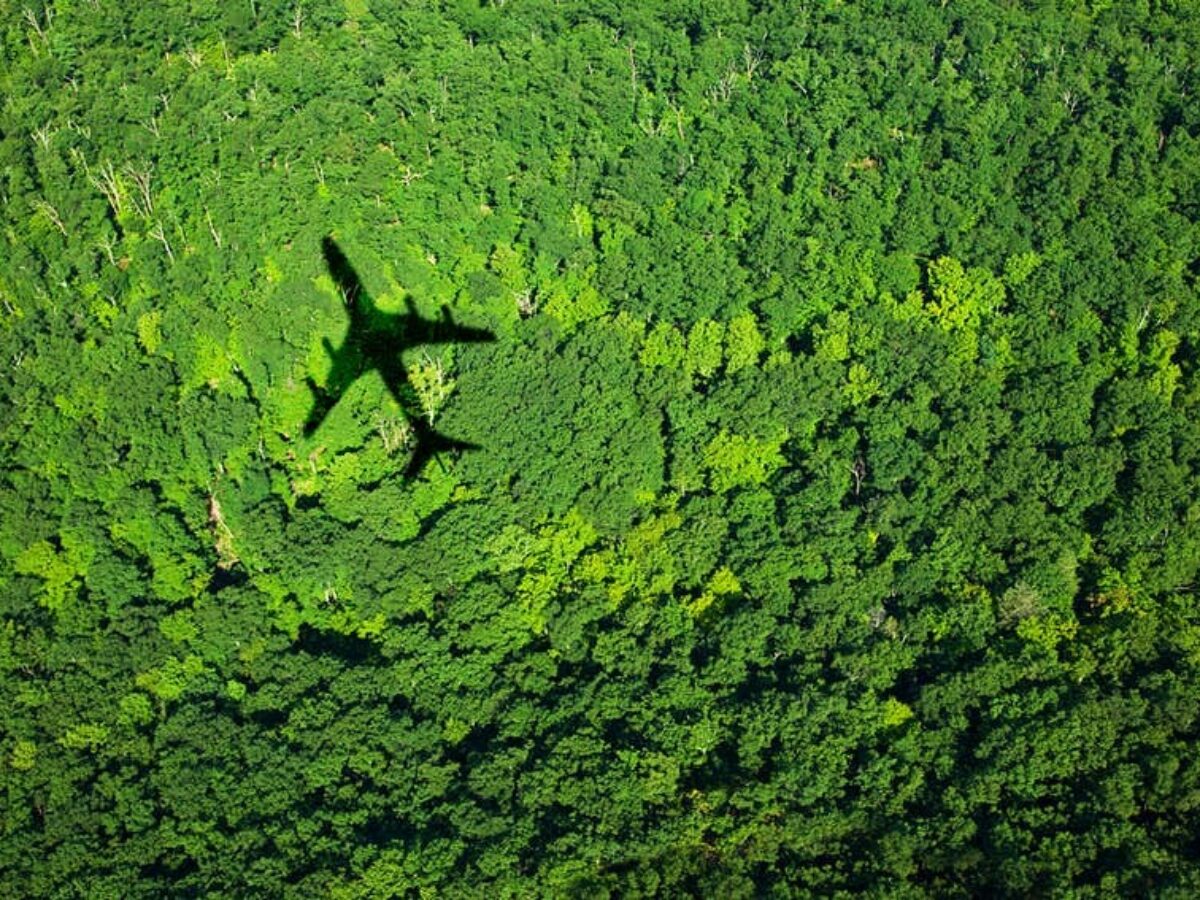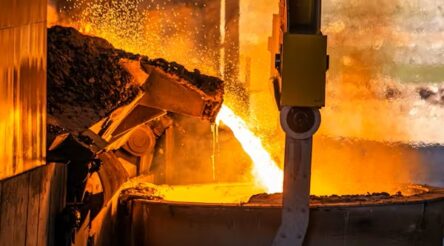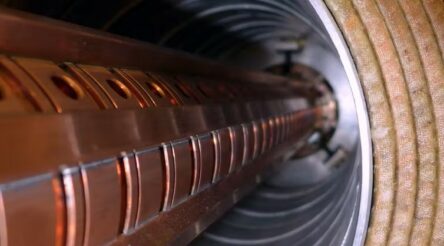Qantas could act to bolster domestic oil refining – by Shane West

The local oil refining sector has shrunk to parlous levels, while national airline Qantas has a need to reduce its carbon emissions. Shane West ponders how both issues could be tackled by a move to refine jet fuel from local crude oil.
This is a great opportunity to bolster the Australian refining industry and reduce carbon – Qantas needs to urgently work with government and industry to bring forward its $50 million commitment to develop sustainable aviation fuels in Australia.
The airline has committed to reducing its carbon emissions, and has its Carbon Offset and Reduction Scheme for International Aviation (CORSIA) commencing in 2021. This will require airlines to purchase offsets to meet their share of the industry’s growth emissions.
The best thing Qantas could do to reduce the offsets required is reduce its emissions, that is produce lower carbon fuels which it could do with locally sourced sweet light crude and transition into sustainable biofuels.
This could include using waste streams to produce biofuel such as is supplied to London airport, or waste wood streams utilising technologies such as Licella’s patented CAT- HTR platform which is regarded as superior in output to the Fischer-Tropsch process.
At the present our sweet light crude is exported as it is a premium low carbon product. Just utilising it locally will reduce carbon in the global refining process for Jet A1.
The transition of waste plastics and woody invasive weed species can also provide carbon neutral biomass and a move away from refining fossil fuels.
Prickly acacia has invaded over six million hectares of the Mitchell grass downs in Western Queensland, an area of high agricultural value for beef, sheep and wool production. Spraying and controls of these infestations have been trailed costing many millions without success.
Commercially refining the wood waste stream offers environmental benefits that need to be evaluated.
This also shows the need for Australia to keep its refinery capacity.
Stability in fuel supply is a must in aviation with fluctuating exchange rates and supply – Qantas’ earnings were down by 20 per cent in 2019 because of increased fuel costs.
With a fuel bill of over $4 billion in 2019, a guaranteed supply price of a billion or two litres of low carbon crude refined locally would further reduce transport miles of Jet A1 fuel, while a transition plan for drop-in biofuels to reduce carbon miles even further would help Qantas and the country, economically and environmentally.
Following Minister Taylor’s 1.15 cents per litre incentive to maintain refining to Australia’s remaining refiners, a temporary (Covid-19 period) excise of 1.5 cents per litre on imported fuels based on security and environmental benefits would help maintain, transition and transform the industry.
Shane West has a demonstrated history of working in the renewables and environment industry. As a director of ESA Ptd Ltd he consults to industry and Government on energy resilience and policy.
Picture: Photo by Thomas Jackson
Subscribe to our free @AuManufacturing newsletter here.
@aumanufacturing Sections
Analysis and Commentary Awards casino reviews Defence Gambling Manufacturing News Online Casino Podcast Technology Videos





